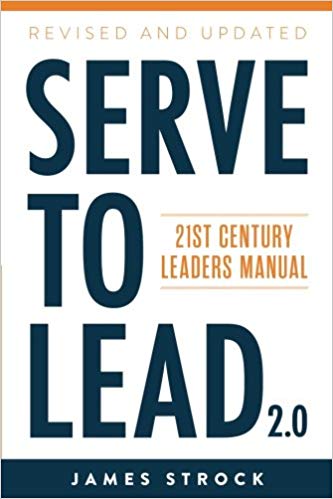“Today, the only effective leadership is serving others. It’s no longer optional. It’s the essence of twenty-first century leadership.” ―James Strock
Many things have changed in the 21st century. For instance, People have changed and their mindsets have changed resulting in drastic changes in the leadership and value system globally. The organizations have also changed keeping in view with the changing aspirations and expectations of the stakeholders especially clients and customers. Thanks to technology for revolutionizing the drastic changes globally. The leadership has also changed which is often referred with different names especially as 21st century leadership.
20th Century Leadership versus 21st Century Leadership
“In the twenty-first century, more than ever before, effective leadership is about serving others. The Digital Revolution is transforming a transaction-based world into a relationship-based world. The capacity of individuals and organizations to serve others is greater than ever before. You’re able to create more relationships, and serve more people more effectively in those relationships, than even our recent predecessors could have conceived.” ―James Strock
The 21st century leadership is different from 20th century leadership in many ways. In twenty-first century, hard skills are replaced by soft skills, faculty-centric education by students-centric education; and hard leadership by soft leadership. James Strock in his award-winning book, Serve to Lead: 21st Century Leaders Manual URL: https://www.amazon.com/Serve-Lead-Century-Leaders-Manual/dp/1978489552 differentiates between the twentieth century and twenty-first century with inspiring examples. He enlightens that in twenty-first century, leadership is replaced by service; transactions by relationships; inside-out by outside-in; top-down by bottom-up; hierarchies by networks; administer by empower; efficient by effective; information by judgment; tangible values by intangible values; quantitative by soft skills; workaholic by integrated life; retirement by redeployment; failure by stepping stone; employees by team members; work-life separation by work-life integration; career path by life path; and security by adaptability. He unveils that in twentieth century, authority conferred credibility. Today, formal authority no longer gets the benefit of the doubt. More often than not, it labors under the burden of doubt. In the twenty-first century, credibility confers authority.
The technology is moving in an exponential rate leading to disruptions and distractions. It is a great challenge for entrepreneurs and leaders globally. If you want to become a better leader tomorrow than today you must improve yourself today with updated 21st century leadership principles and practices. James Strock outlines ten principles of twenty-first-century leadership as follows:
- Everybody can lead,
because anyone can serve. - The most valuable
resource of any enterprise is its people. - We are in transition
from a transaction-based world to a relationship-based world. - Leadership is a
relationship between empowered, consenting adults. - Leadership is a dynamic
relationship. - There is no universal
leadership style. - Leadership roles are
converging. - A leader’s unique task
is to imagine and advance a vision. - Love is the highest
level of leadership relationship. - Character is a
competitive advantage.
You can become great by thinking like successful leaders and practicing like successful leaders, not acting like successful leaders. Hence, acquire these ten principles to excel as a 21st century leader.
Conclusion
“The essence of courage is serving others with unconditional love.” ―James Strock
We have entered into a high-tech world and the future world is unpredictable due to AI (Artificial Intelligence) and machine learning. Most industries will be led by digitized world. Additionally, Gen Z will enter the workforce that requires an emphasis on cross-generational collaboration. Keeping all these aspects in view, there is an urgent need to redefine leadership in the 21st century. We need a new leadership style which is a blend of digital leadership and soft leadership.
The positional and expert power in twentieth century is replaced by referent power in twenty-first century. There is a need for humane leadership and soft leadership since the world is getting more democratic with rising aspirations and expectations of the people. To conclude, leadership has been shifting from good to great in 21st century. The leaders at levels including chief executives must update their leadership principles and practices to stay relevant and serve the stakeholders successfully to achieve organizational excellence and effectiveness.
Life is great!
Professor M.S. Rao
Founder of MSR Leadership Consultants India
Amazon: http://www.amazon.com/M.-S.-Rao/e/B00MB63BKM
Vision 2030: https://professormsraovision2030.blogspot.com
LinkedIn: https://in.linkedin.com/in/professormsrao
Facebook Page: https://www.facebook.com/pages/Professor-MSRao/451516514937414
Twitter: http://twitter.com/professormsrao
Google Plus: https://plus.google.com/+ProfessorMSRao
YouTube: http://www.youtube.com/user/profmsr7
Instagram: https://www.instagram.com/professormsrao


